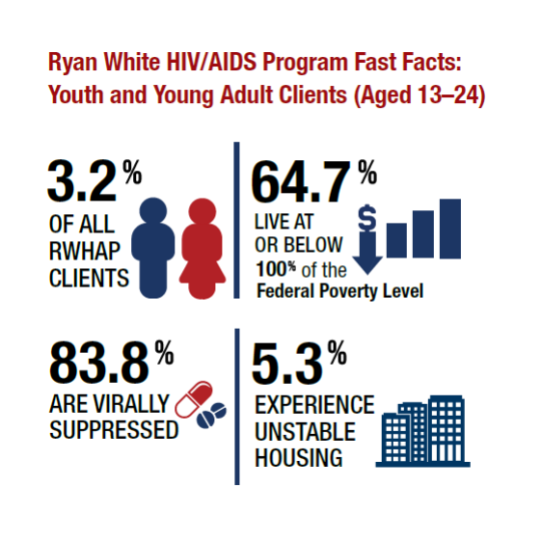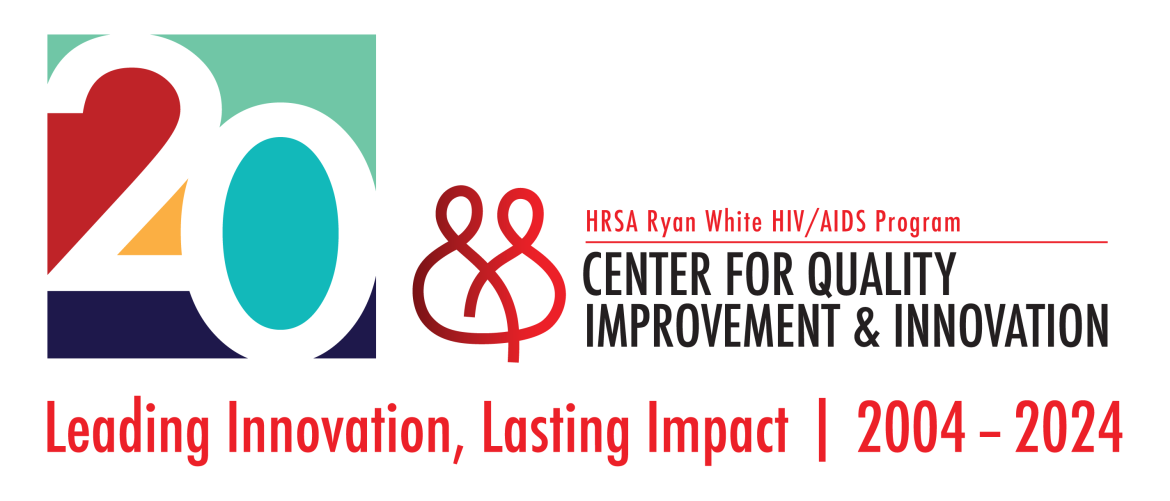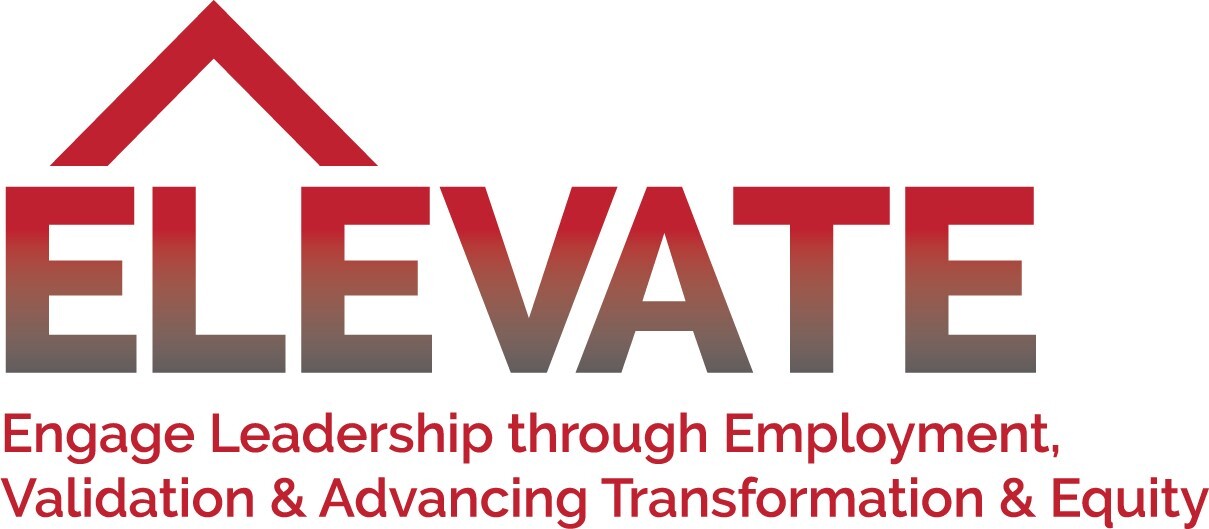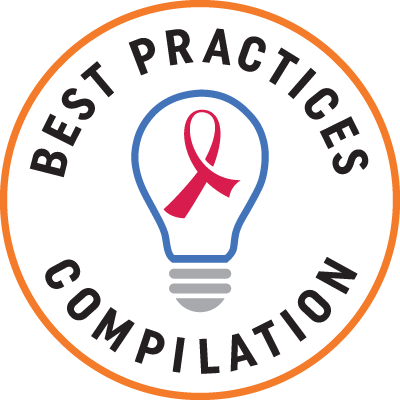
Adolescents & Youth
On
Best Practices
- Center for Innovation and Engagement
- AIDS Action Foundation
- SPNS Latino Access Initiative, UCSF Center for AIDS Prevention Studies
- SPNS Social Media Initiative
- Next Step and Mass CARE
Technical Assistance
- The central hub of the AETC Program, the clinical training arm of the RWHAP, through HIV curricula, technical support to regional AETCs on practice transformation and best practices, and housing of all AETC-developed tools for HIV clinical staff. Project period: 2019-2024.

TA/training for RWHAP agencies to improve the quality of HIV/AIDS care they provide. Project period: 2020-2024.

ELEVATE will prepare people with HIV to meaningfully engage and take on leadership roles in planning bodies, advocacy actions, and the HIV workforce. Project period: 2020-2024.
- The NHC provides ongoing, up-to-date information needed to meet the core competency knowledge for HIV prevention, screening, diagnosis, and ongoing treatment and care to healthcare providers in the United States. Project period: 2020-2022.
 Platform for RWHAP Part D recipients to increase the delivery of care innovations; increase the skills of staffing working with women, infant, children and youth; and support partner collaboration for dissemination of best practices.
Platform for RWHAP Part D recipients to increase the delivery of care innovations; increase the skills of staffing working with women, infant, children and youth; and support partner collaboration for dissemination of best practices. Initiative documenting best practice strategies and interventions that have been shown to improve HIV outcomes in a "real world" setting and can be replicated by other programs. Project period: 2021-2024.
Initiative documenting best practice strategies and interventions that have been shown to improve HIV outcomes in a "real world" setting and can be replicated by other programs. Project period: 2021-2024.- Interactive data tool to visualize the reach, impact, and outcomes of the RWHAP. HRSA offers office hours and webinars to help use the tool.
- HRSA SPNS project applying the implementation science framework to identify innovative HIV interventions for three priority populations (people with substance use disorder, sexual minority youth, people involved in criminal justice system) and use of telehealth. Project period: 2021-2025.